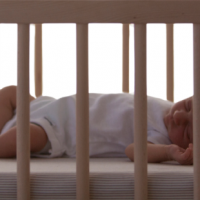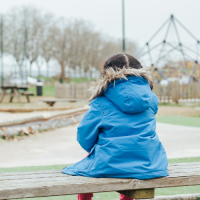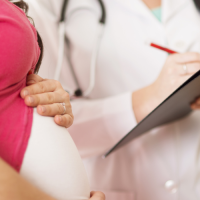Maternal, Child and Adolescent Health (MCAH)
The Maternal, Child and Adolescent Health Division supports the vision of the Center for Family Health by implementing strategies to improve health; support the development of children and adolescents; and foster health, well-being and equity across the reproductive life course.
Local funding for this program comes from the federal Title V Maternal & Child Health (MCH) Services Block Grant. The grant involves partnership on the federal, state, and local levels, and allows flexibility for local counties to address the unique needs of their MCAH populations.
Program Mission
The mission of the Maternal, Child and Adolescent Health (MCAH) Program is to develop systems that protect and improve the health of California’s women of reproductive age, infants, children, adolescents, and their families.
Program Goals
- All children are born healthy and to healthy mothers
- All women, children, and their families have a safe and healthy environment to live in
- All women, children, and their families have equal access to applicable and needed care within an integrated and seamless system
- No health status disparities among racial/ethnic, gender, economic, and regional groups are encountered
- The needs of these families are continually assessed so that the program meets the participant’s needs
Perinatal Care Guidance (PCG)
Are you pregnant? We can help.
Women Who Are Referred to the PCG Program Receive This Help
- Finding a doctor for your pregnancy
- A phone assessment by the PCG nurse to determine needs
- WIC enrollment
- Childbirth classes
- Transportation information
- Resources on nutrition, prenatal care, labor and delivery, breastfeeding, SIDS, and child development
- Assistance with enrollment in Medi-Cal






